The Personal, Political, and Poetic: an interview with FemFest
Lydia Wilkins interviews the team behind FemFest, Brighton's only fringe theatre arts festival that advocates for and showcases the work of women, trans and non-binary performers.
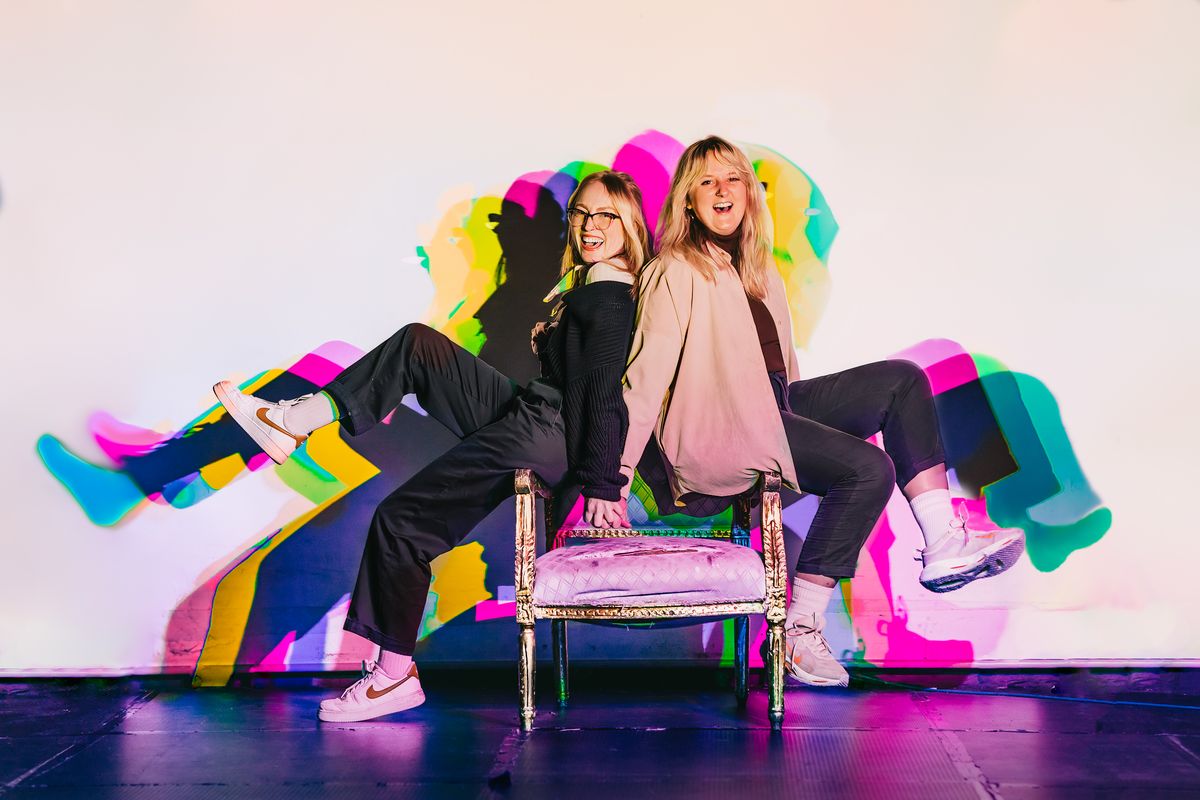
If the personal is political, as a phrase coined by feminist scholars in the 60s proposes it is, then it was almost inevitable that an arts festival such as FemFest would be fuelled by female rage. An annual event looking at the lived experience of misogyny, transphobia, and homophobia through a range of artistic forms such as poetry, drag, and theatre, FemFest places a focus on inclusivity and intersectionality, writes Lydia Wilkins.
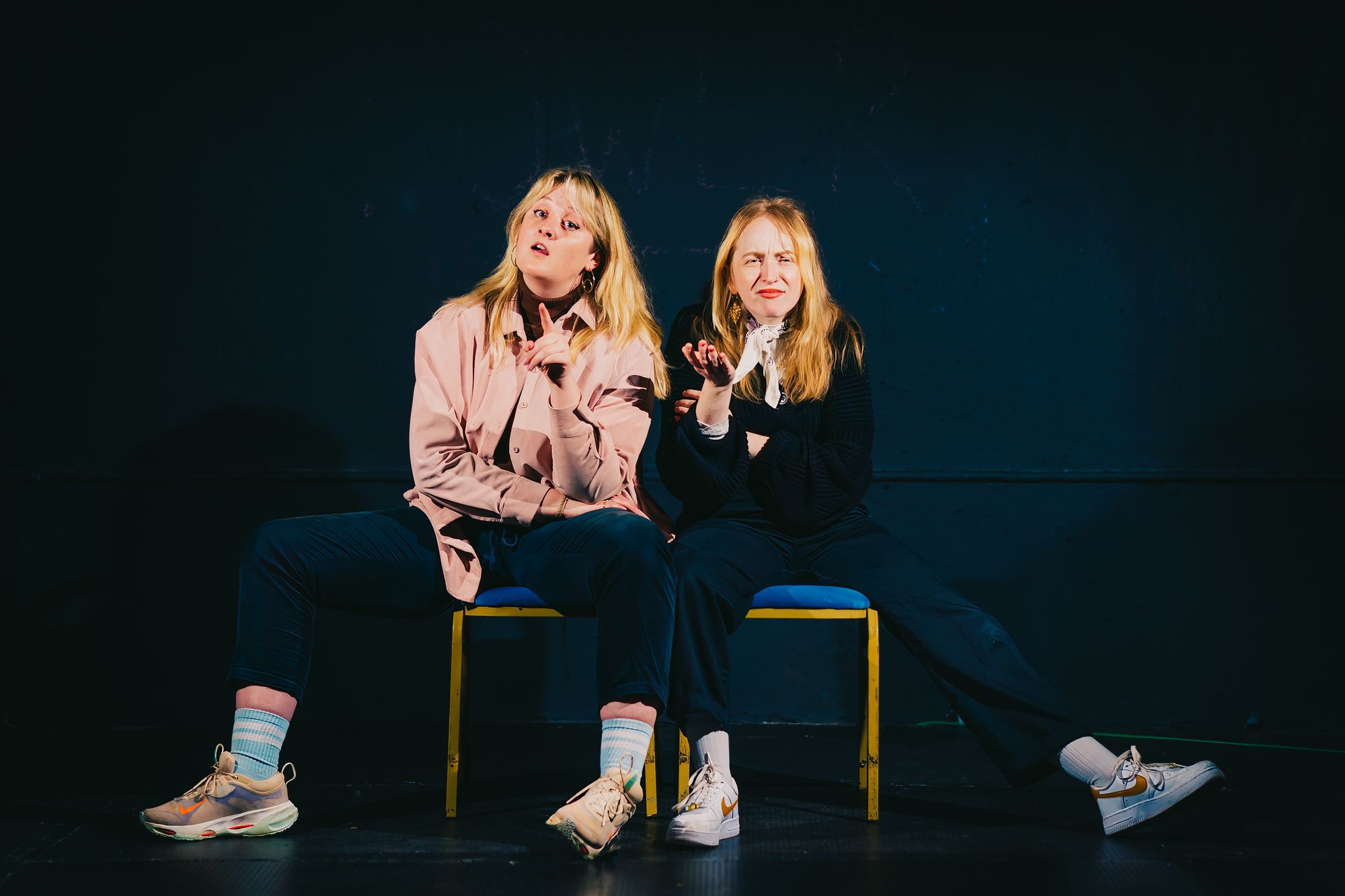
Maddie Ross and Annie North, the current team behind FemFest, make something of an indomitable duo. Ross launched FemFest just a month prior to the first national lockdown of the Covid-19 pandemic in March 2020, and North joined forces with her as the festival expanded, now acting as producer. Both work in creative industries, in production and as a copywriter respectively. They wear their feminism on their sleeves: Ross, a gamine, Dolly Alderton lookalike, wears a subtle necklace spelling out 'fuck the patriarchy' in tiny golden letters; North wears a 'Dickies' sweater. Both have short nails painted in bright, neon hues.
In 2019, after working at the Brighton and Edinburgh Fringes for a few years, Ross created her own show, 'Coming Home With Me', which was performed at both Fringe festivals and won the Brighton Fringe Pebble Trust Award. Reflecting on that time, she drily says: "I was just a bit sick of everything being run by men", describing how the culture of gatekeeping had had an impact. "So yeah," she laughs, "that's kind of the story of how it started. Just basically me being pissed off!"
FemFest describes itself on its website as an 'antidote to the white-cis-het-male dominated fringe theatre landscape of the UK' and takes place the week of International Women's Day. The festival is now in its fourth year–looking back at its first, Ross reflects: "I think the thing that I enjoyed the most was [that] the audiences were just so responsive", adding that the safety-first space had created an atmosphere of kindness and acceptance. North had also been part of the festival in its first year, with theatre collective Clap Back Club, clapping back at the patriarchy through musical comedy.
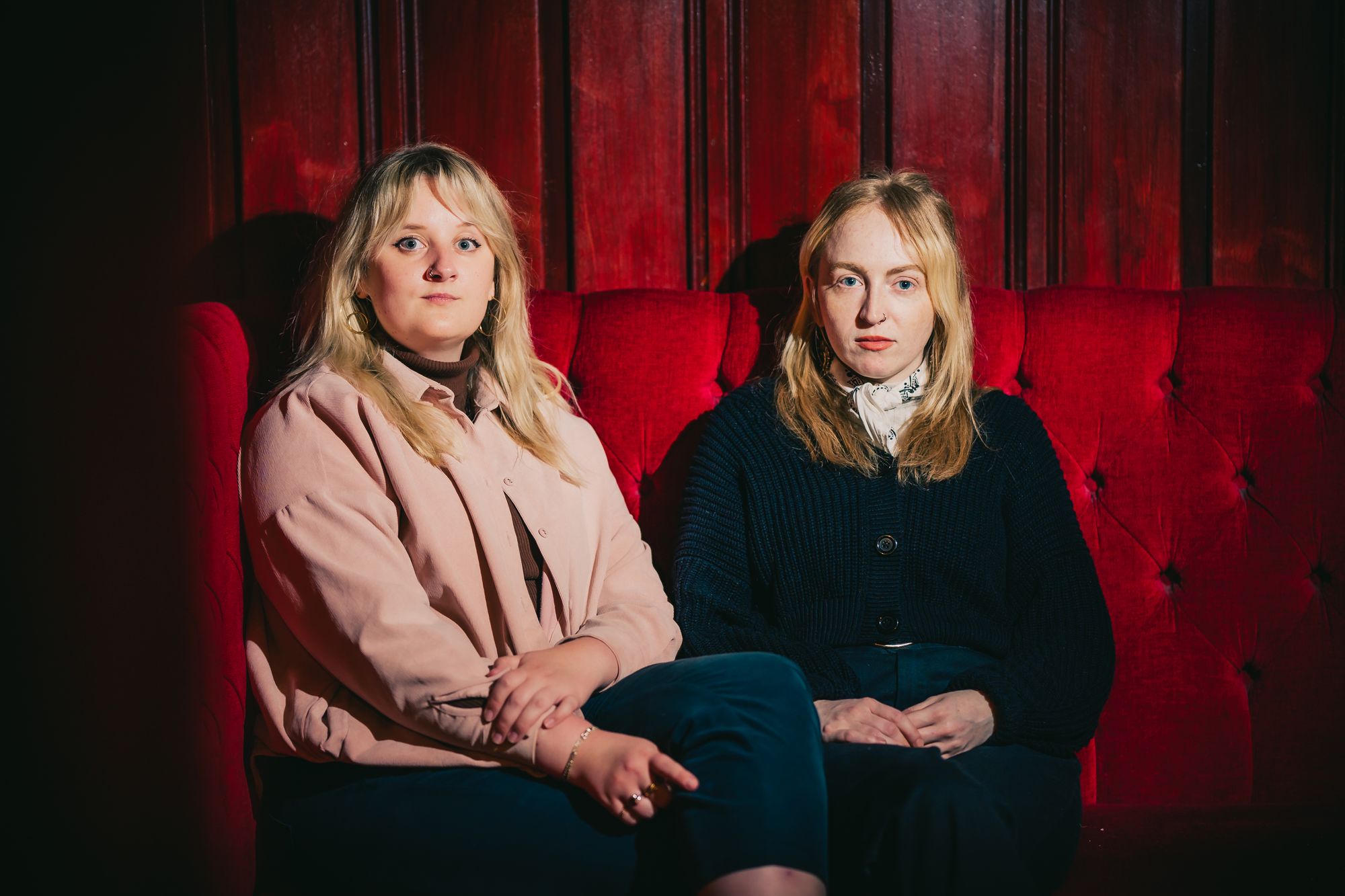
We speak at a time when it seems that misogyny and transphobia have reached something of a fever pitch in the UK. The Metropolitan Police has once again been shown in a terrible light for yet another scandal after racist, sexist, and ableist comments in a WhatsApp group face scrutiny. Lancashire Police are conducting an internal review into their handling of the search for Nicola Bulley, which has ended in tragedy. Vigils have been held across the country for Brianna Ghey, a 16-year-old transgender girl who was found stabbed to death in a park. Violence against women has a firm place in the headlines, and it feels like we are sitting on the edge of a precipice–something has got to give. The duo are upfront about what they want allies to do in support: “Be quiet? Be quiet and listen!” By allies, they refer to individuals who wish to assist in their cause but who are not directly impacted, and so whose voices should not take centre stage.
Ross continues, wishing to illustrate the point: "I made a documentary in lockdown about harassment in Brighton [when] there was a huge spike in unwanted touching and sexual harassment online, [on] Brighton beach, and all these places." After a screening of the documentary, titled 'Still Not Getting It', a man had explained the film to her–the director!–as well as listed all the reasons he took umbrage with it. Ross notes drily: "I think that that was just a very good example of when to maybe be quiet in a space, [where] all these other women and trans people were trying to ask questions."
How appropriate, then, and how ironically illustrative of the issue being discussed, for an older man to continually interrupt them during this interview! A Sun reader, he feels it appropriate to interject to tell a trio of women that men are all sick of this discussion anyway, and what’s the point of even speaking to such issues? He eventually goes back to his paper, warranting a silent exchange between us of raised eyebrows and eye rolls.
Ross adds thoughtfully:
I think we're living in a really individualised society where [you're] only looking at you yourself as an individual who, yes, may not hurt people, may not be offensive, and may not hold those views. But it's about how do you fit within that wider landscape, and what you're doing within that community, and for that community, to help.
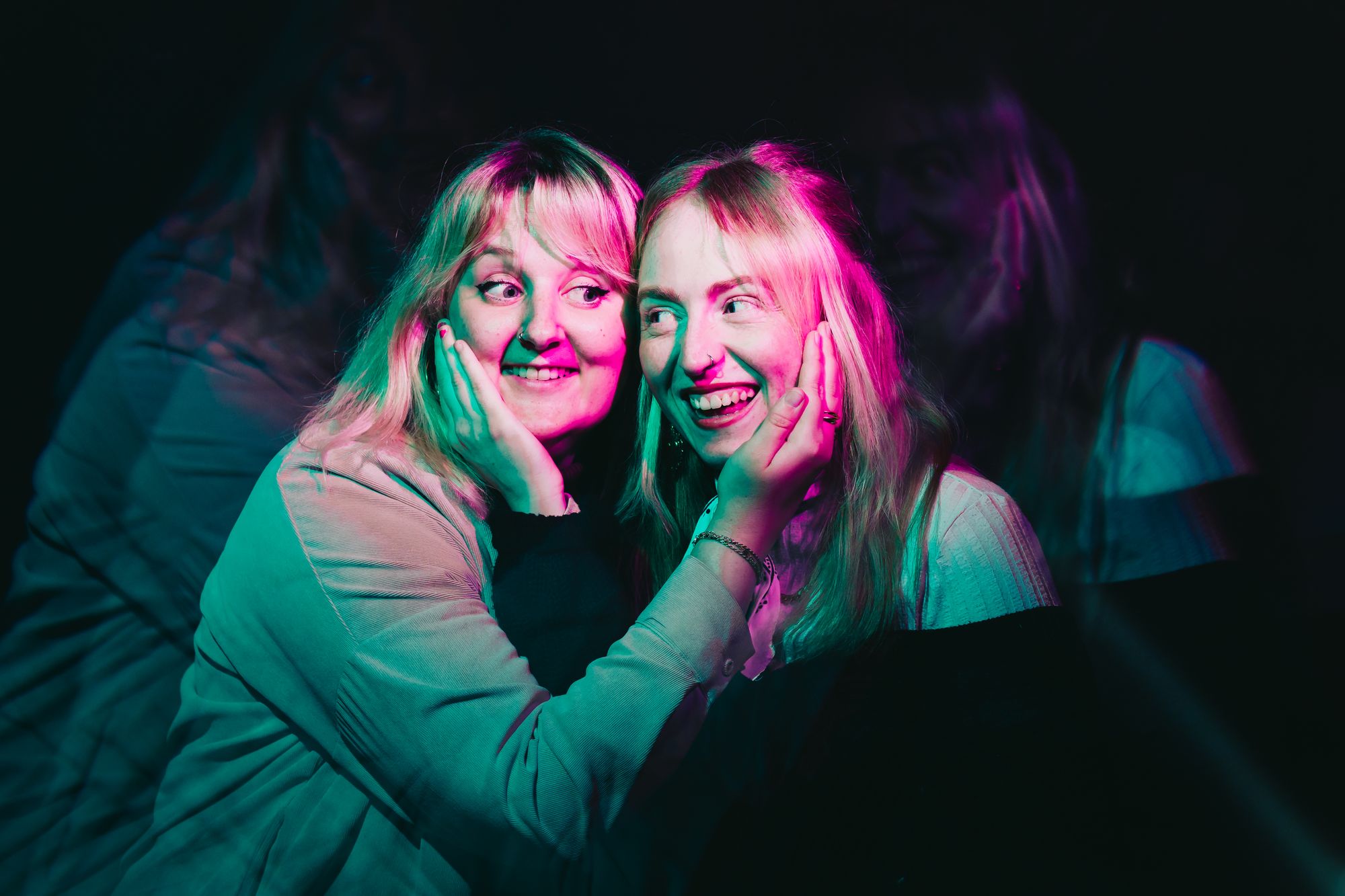
Inclusion is at the heart of what they do, they explain, with the idea of safety-first spaces being front and centre. North elaborates:
Now more than ever, it's really important to ensure that there are those places for people to come and heal, and be with their communities, and experience joy, because I think so much of it is anger and hatred and violence. There needs to be a place that offers an alternative, and shows that there's hope, and shows that there's places for these people to come to.
Inclusion also includes the disabled community–their website's access page lists the efforts that have been made to make the event physically, economically, and socially accessible. Both Ross and North point to how feminism and disability should be considered in tandem with each other.
FemFest will be taking place from 6th-12th March this year, with 18 events in total and a mix of mediums including comedy, life drawing, and merkin-making(!). Highlights include Madonna/Whore–a look at the two stereotypes–as well as the FemFest Poetry Night at the Feminist Bookshop. Tickets are available here.

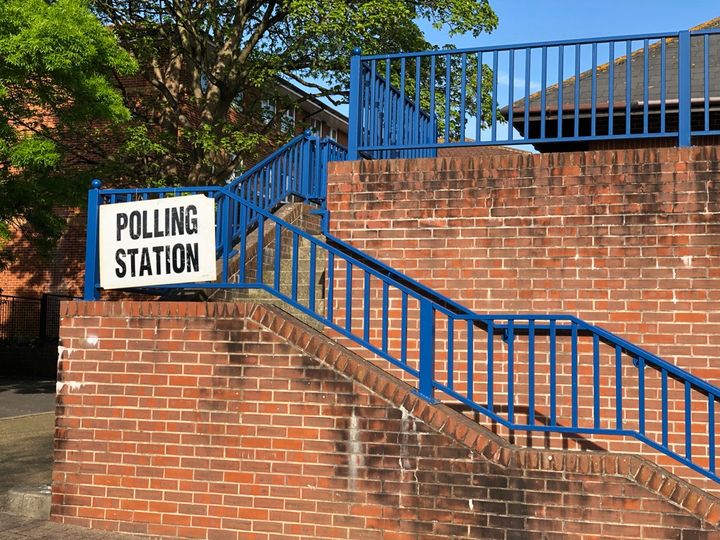
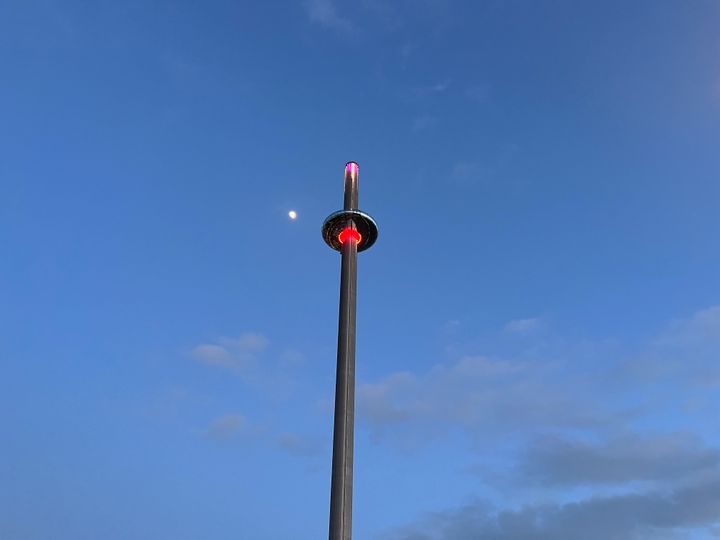
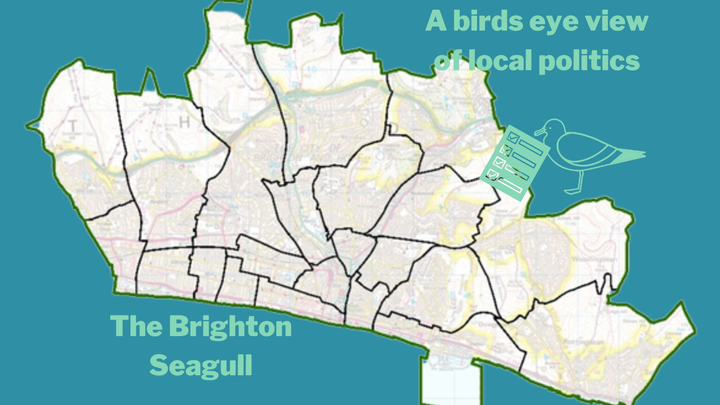
Comments ()